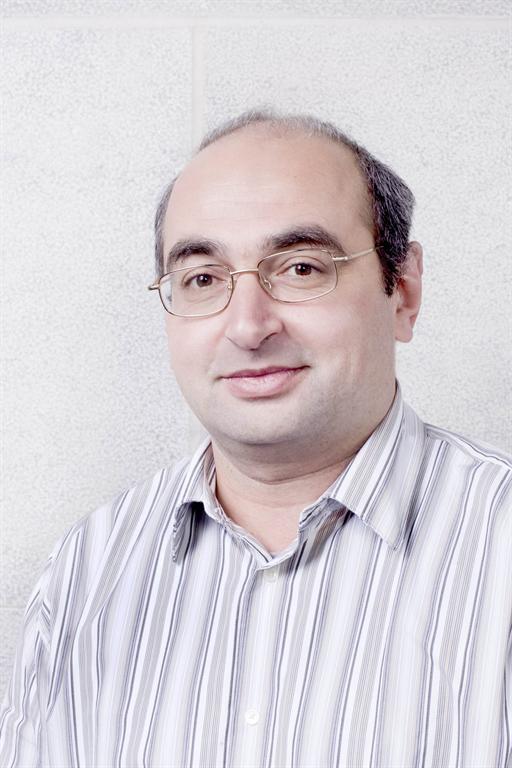Medical physics is the application of physics to medicine. It generally concerns physics as applied to medical imaging and radiotherapy, although a medical physicist may also work in many other areas of healthcare.
Medical physicists are health care professionals with specialized training in the medical applications of physics. From a clinical perspective, they are involved in the diagnosis and treatment of patients. One of their other main responsibilities is the planning of radiation treatments for cancer patients. In a radiation oncology department, one of the medical physicist’s most important tasks is the radiation treatment for cancer patients using either external beam treatment techniques or internal radioactive sources.
Physicists are very involved in the accurate measurement of the radiation output from radiation sources employed in cancer therapy. Some of their other areas of expertise also include equipment quality control, radiation installation design, safe use of radiation and radioactive materials as well as regulatory compliance as established by government agencies.
Many are involved in Research and Development and are published in leading peer reviewed scientific journals. Topics range from the optimization or development of new treatment and imaging modalities and techniques to the development of dosimetry techniques, dose calculation algorithms and radiobiological models.
All hold degrees at either the Master or Ph.D. level and many have faculty appointments at universities where they help train future physicists.
Jonathan Thébault






